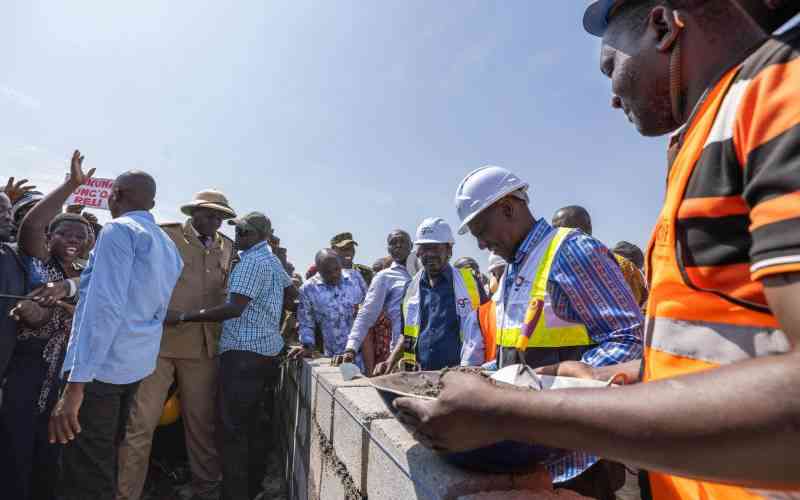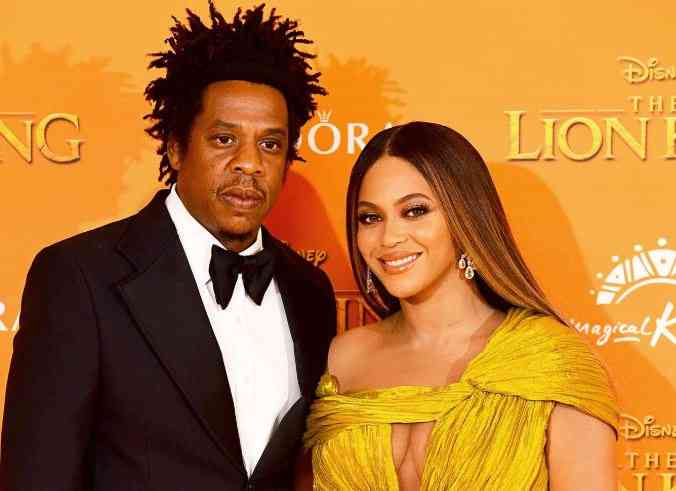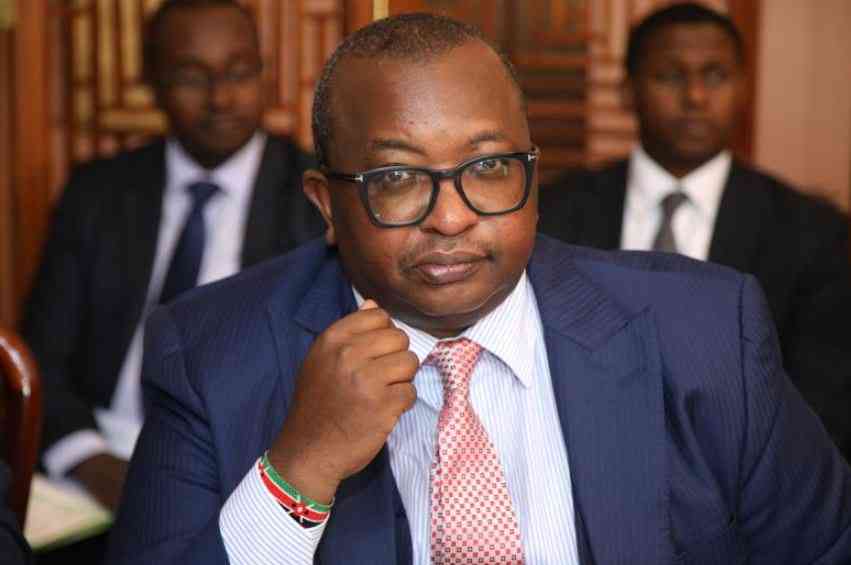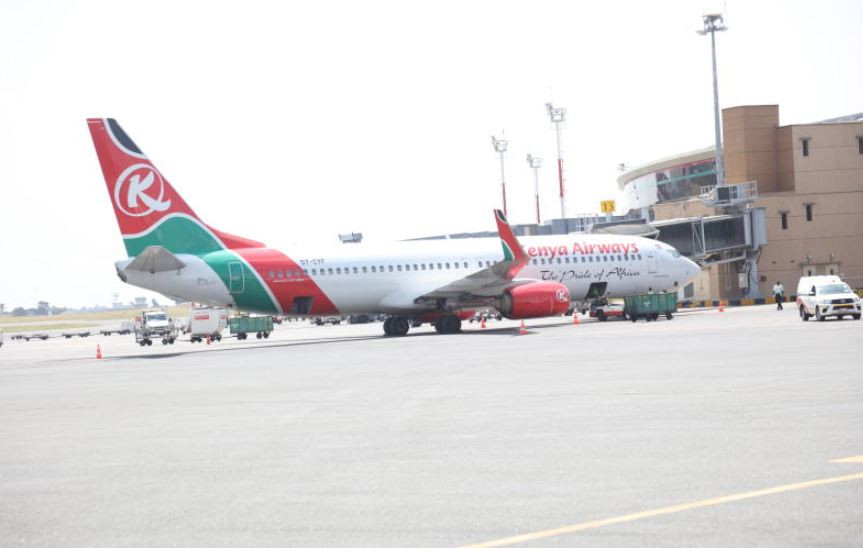×
The Standard e-Paper
Read Offline Anywhere
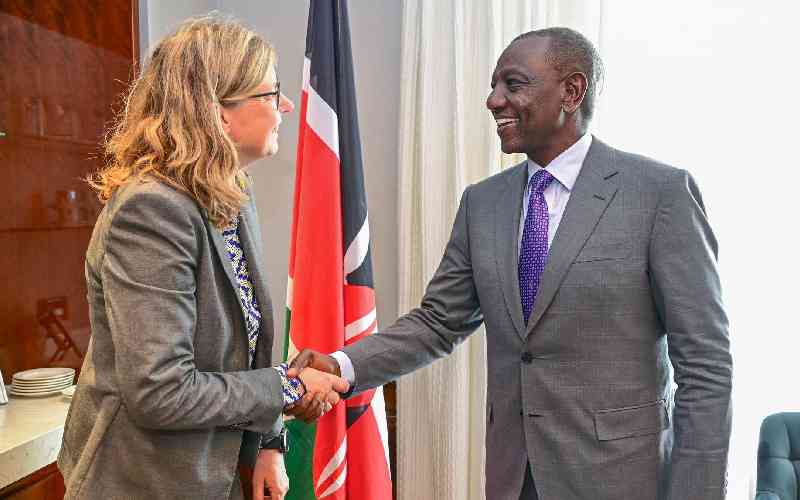
After a brief lull, following the Gen Z protests against bad governance, President William Ruto is back in the skies, visiting China two weeks ago with other African leaders, and then quickly taking off to Germany this week.
Over the last two years, the president cultivated a high profile for himself and Kenya in Western capitals but does the same goodwill still prevail after the political turbulence that the country is now recovering from?
